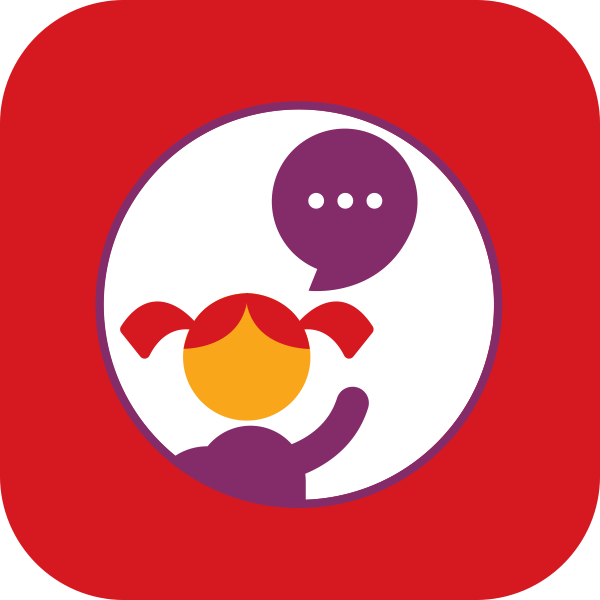“ ”
Once the score sheet has been completed and the colour-coded results have been interpreted, The Big Book of Ideas (also included in the toolkit) provides clear information on the follow-up interventions required based on the results. This has proven to be a valuable resource and is full of useful information and wonderful ideas to support the children working towards the learning objectives being focussed on. The toolkit complements interventions already in place and used within the school. It is adaptable to suit each individual child as all of the activities can be stepped up or stepped down to be delivered at an appropriate level. This is important as it helps differentiate each activity to the needs of the pupil.
Once the initial screening has taken place, and the appropriate interventions have been used, the child will then repeat the initial screening process. This provides valuable data and is a beneficial monitoring tool which shows clear progress. When a number of children from the same year group have been assessed, it also helps the teacher to adapt their lesson plans to help where it has highlighted the same additional need.
We used the WellComm toolkit on one child who has shown dyslexic traits, though is not yet of an age to be assessed. He really enjoyed the assessment, as he didn’t feel under any pressure as he does when reading a book. He presented as relaxed and commented on how enjoyable the whole experience was.
As the Learning Mentor delivering the session, the interventions in The Big Book of Ideas were easy for me to put into practice without drawing attention to the child. He didn’t actually realise he was doing something different. This was a big bonus for him, as he doesn’t like to feel different or separate from his peers. The interventions can often be part of the lesson or used for a group of children, and can be adapted to meet individual needs.
I have found WellComm so user-friendly and easy to follow. The Big Book of Ideas has lots of useful information and strategies to support speech, language and communication. It is definitely a helpful tool for developing speech and language and, as it can be used without training, it doesn’t need a specialist in this area to deliver it. This makes it easily accessible for schools to use.
I look forward to continuing to use the WellComm toolkit.
The Firs School is one of our Centres of Assessment Excellence


